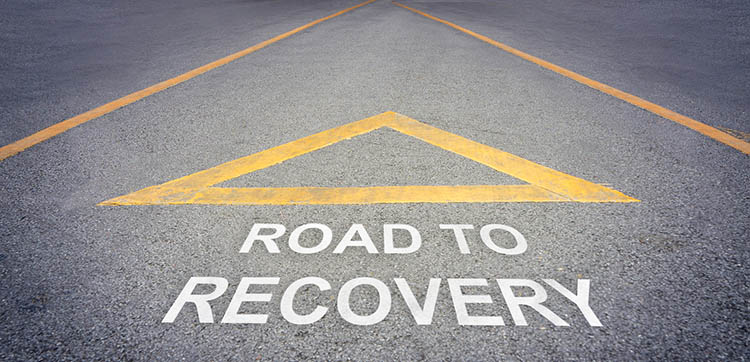Although Angela Warnke, RN, director of nursing at the Greenhouse Treatment Facility of the American Addiction Centers, now manages a team of nurses doing direct patient care, until about six months ago, she was a “working” manager, working directly with patients going through withdrawal.
Warnke works with patients ages 18 and older. She says that people as old as in their 60’s and even 70’s are detoxing from opioids and other substances. “Day to day this work is similar to many other types of nursing in that it involves continuous assessment, interventions, medication administration, and caring for the whole patient and their family,” explains Warnke. “Some days I work to physically stabilize patients, some days I listen to people who need to talk, some days I teach groups on the physiology of addiction, some days I just offer hope. Most days are a combination of all aspects of nursing.”
With the opioid epidemic on the rise, many other nurses may be working with recovering addicts and people detoxing in the near future. “Everyone knows or is someone who has struggled with addiction,” says Warnke. “I have the gift of also seeing and experiencing the joy and freedom of recovery. This is a treatable disease, and recovery changes everything.”
During the first half of her career, Warnke worked in critical care in the Medical/Respiratory ICU of a hospital with 960 beds. Then, she worked in an ER that would often see between 250 and 350 patients each day. She thought that she would miss the challenges she experienced when she moved into substance abuse recovery nursing. Instead, she says, she found her home there.
“To be effective in helping people recover from substance use disorders (SUDs) one has to care for the whole person. People’s minds, bodies, and spirits are hurt by SUDs, and I get to engage people and help them heal on all these levels. I get to do the work of caring that I went to nursing school for,” says Warnke. “By far the most difficult challenge of this work is having a front row seat to the effects of this disease. Addiction gets worse as diseases do and kills as diseases do. The tragic loss of life—often very young life—is incredibly painful.”
As for the greatest rewards of her job, Warnke explains it in this way: “I think many people imagine my job is to be treated poorly by whatever they imagine ‘addicts’ to be. In reality, I work with people from a true cross-section of our culture who have quite unintentionally developed problematic relationships with opiates and other substances.
“In general, I work with people who will go on to live full lives, new lives, great lives. While recovery is intensely difficult and requires trying and trying again, our population literally ‘comes to life’ in our care. I get to see people who ‘come in hot’ stabilize. I get to see people who have been beaten down get life back in their eyes. There is nothing else like it.”
When asked what she would say to a nurse who might be considering this type of nursing care, she answers, “Do it.”
“This is the epidemic of our generation, and we need all hands on deck. Find a mentor. Be ready to research everything known about addiction. This is a developing field. Get serious about learning that nothing is personal. Take care of yourself. Give love,” says Warnke. “Every day I get the chance to be better than I was the day before. I feel like I get paid to become a better human being. Like all types of nursing, the job is to meet people where they are at and bring them out with me.”
- What an MSN Can Do for You - October 18, 2023
- The National League for Nursing: Connecting the Academic and Clinical Worlds for 130 Years - August 16, 2023
- Treating Burnout, Trauma, and Grief with Dance - July 14, 2023



